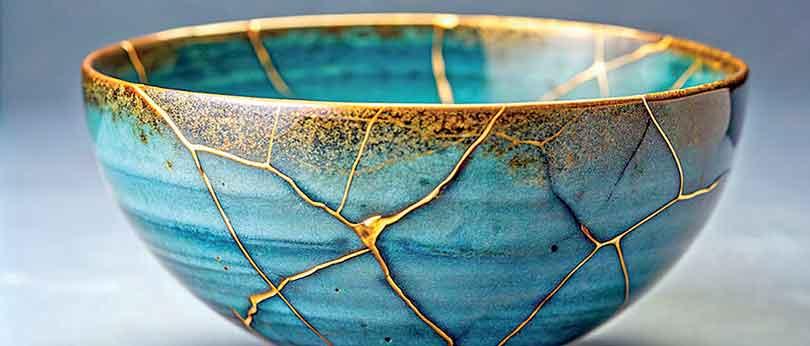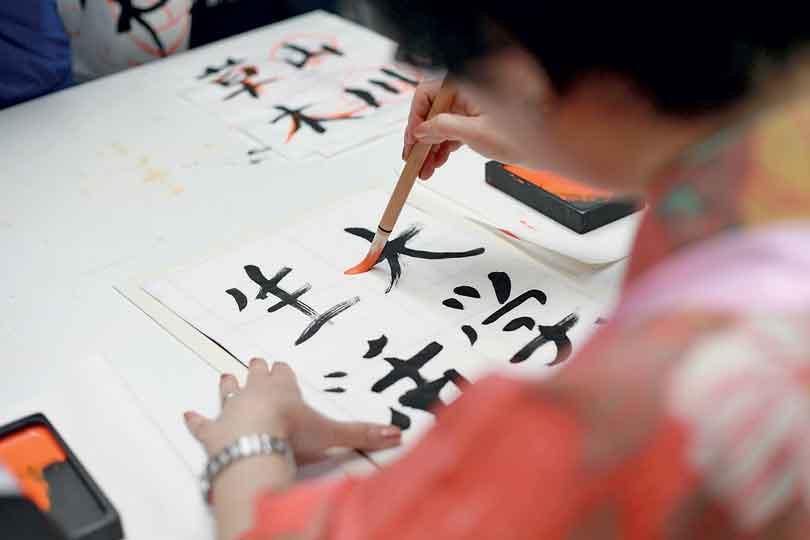





Ikigai: The Reason You Wake Up in the Morning
Before you beat laziness, you need to understand why you want to move at all.
Ikigai combines passion, profession, mission, and vocation, what you love, what you're good at, what the world needs, and what you can be paid for. Finding your ikigai is like discovering the compass inside your chest. You stop asking, “How do I get motivated?” and start asking, “What moves me?”
Practical tip:
Journal about what excites you, even in small ways. Your ikigai doesn’t have to be world changing. It can be baking bread or helping your neighbor.
Kaizen Small Changes, Big Results
Laziness often wins because we imagine progress has to be grand. Kaizen is the antidote. It’s the principle of continuous improvement through small, consistent actions.
Instead of running 10km, walk 10 minutes. Instead of writing a novel, write a paragraph. With kaizen, progress feels less like pressure and more like momentum.
Pro tip:
Set micro-goals. Celebrate them. Let tiny victories rewire your brain to crave action.
Shoshin: The Beginner’s Mind
When we feel stuck or lazy, it's often because we’re paralyzed by perfectionism or pride. Enter shoshin, the “beginner’s mind.” It asks you to show up curious, not flawless.
Children learn by trying, failing, and giggling through it. Adults? We tend to get scared of not knowing enough. But shoshin reminds us: humility is the best motivator.
Try this:
Start something new calligraphy, a language, origami. Be a joyful amateur. Let curiosity replace procrastination.
Ganbaru: Do Your Best, No Matter What
This one hit differently. Ganbaru doesn’t mean “win” or “be perfect.” It means try your best, even when it’s hard. It’s effort over outcome, heart over hustle.
Ganbaru is not the toxic grind culture of working till collapse. It’s quiet resilience. It's “I may not feel like it, but I’ll still show up today, even if all I can do is half.”
Power move:
Redefine your “best” based on the day. Sometimes showing up is heroic enough.
Shinrin-yoku: Forest Bathing
When your energy is low, don’t just “push through”, restore. Shinrin-yoku is the art of forest bathing. It’s not exercise; it’s presence. Just being in nature, breathing it in, letting the trees do the healing.
Studies show these lowers stress hormones and improves mood and clarity. Think of it as nature’s anti-laziness prescription, no side effects.
Lazy hack:
Even 20 minutes in a park can shift your mindset. Ditch your phone. Let your brain unfurl.
Hara Hachi Bu: Stop at 80%
Now this one is about food… but not really. Practiced in Okinawa (home to some of the world’s longest-living people), hara hachi bu means eating until you're 80% full.
But the mindset extends beyond meals, don’t overconsume. Whether it’s food, media, or even work, stop before you're bloated. Laziness often follows overstimulation.
Apply it to life:
Pause before overload. Leave space. Know when to stop scrolling, eating, saying yes, or striving.
Wabi-Sabi: Beauty in Imperfection
Perfectionism is the best friend of procrastination. Wabi-sabi gently reminds us that cracks are beautiful, that worn-out can still be worthy. It teaches you to accept imperfection, in your home, your routine, and yourself.
You don’t have to wait for the perfect moment to begin. You don’t need perfect tools. Start messy. That’s the most human way.
Shift your mindset:
Embrace the beauty of an unfinished journal, a half-cleaned room, a day with effort but not perfection.
Kintsugi: Fixing What’s Broken with Gold
Bonus concept here: Kintsugi is the art of repairing broken pottery with gold lacquer, making the cracks part of the story, not something to hide.
When you feel lazy because you’ve “failed too much” or “fallen behind,” remember this: your cracks are gold veins. You’re still worthy. You’re still fixable. You’re still growing.
Shift your mindset:
Embrace the beauty of an unfinished journal, a half-cleaned room, a day with effort but not perfection.
Conclusion:
Japanese culture doesn’t slap laziness with a productivity stick. It listens to it, learns from it, and gently guides it back to purpose.
Next time you feel too tired, too unmotivated, too “meh” to move, don’t shame yourself. Try a little kaizen. Walk through some shinrin-yoku. Redefine success with wabi-sabi. These aren’t just fancy words. They’re gentle tools. And if you learn to use them, you may just find that motivation was never missing, you were just speaking the wrong language.











